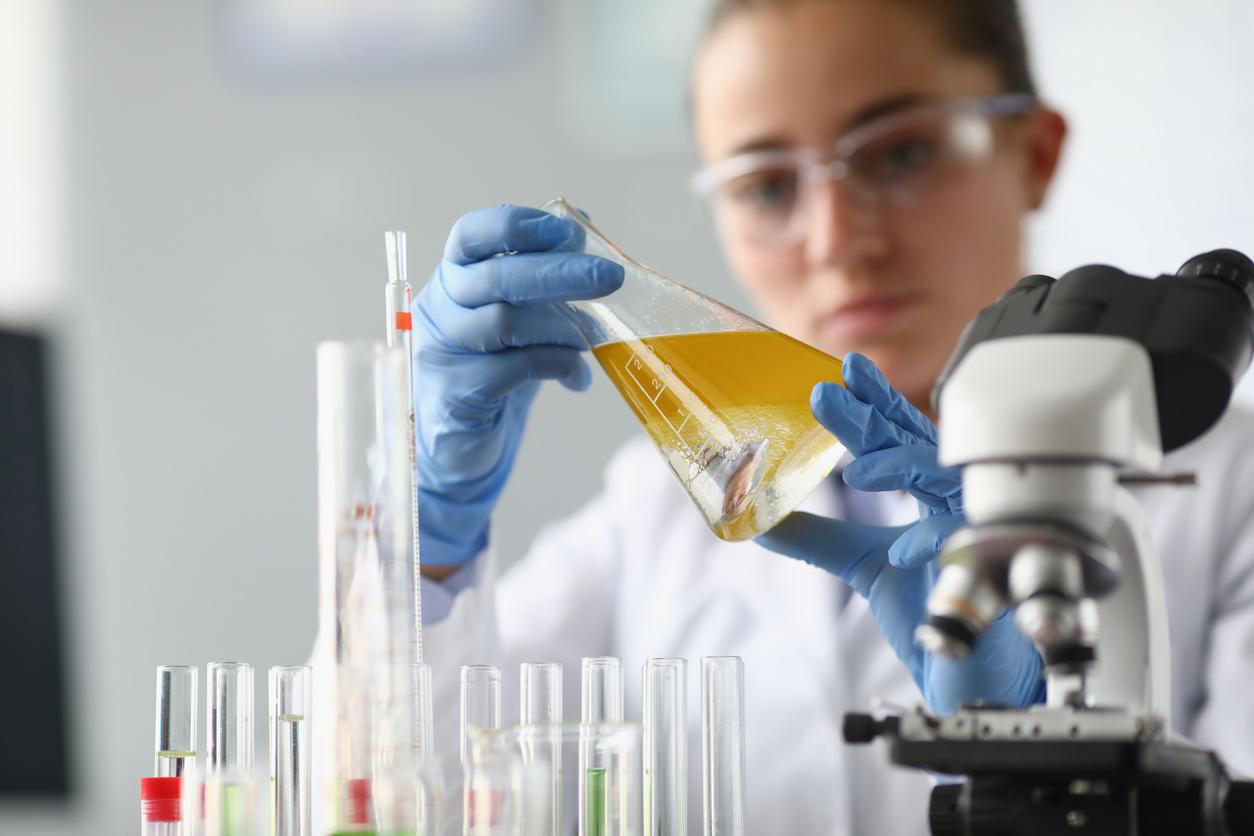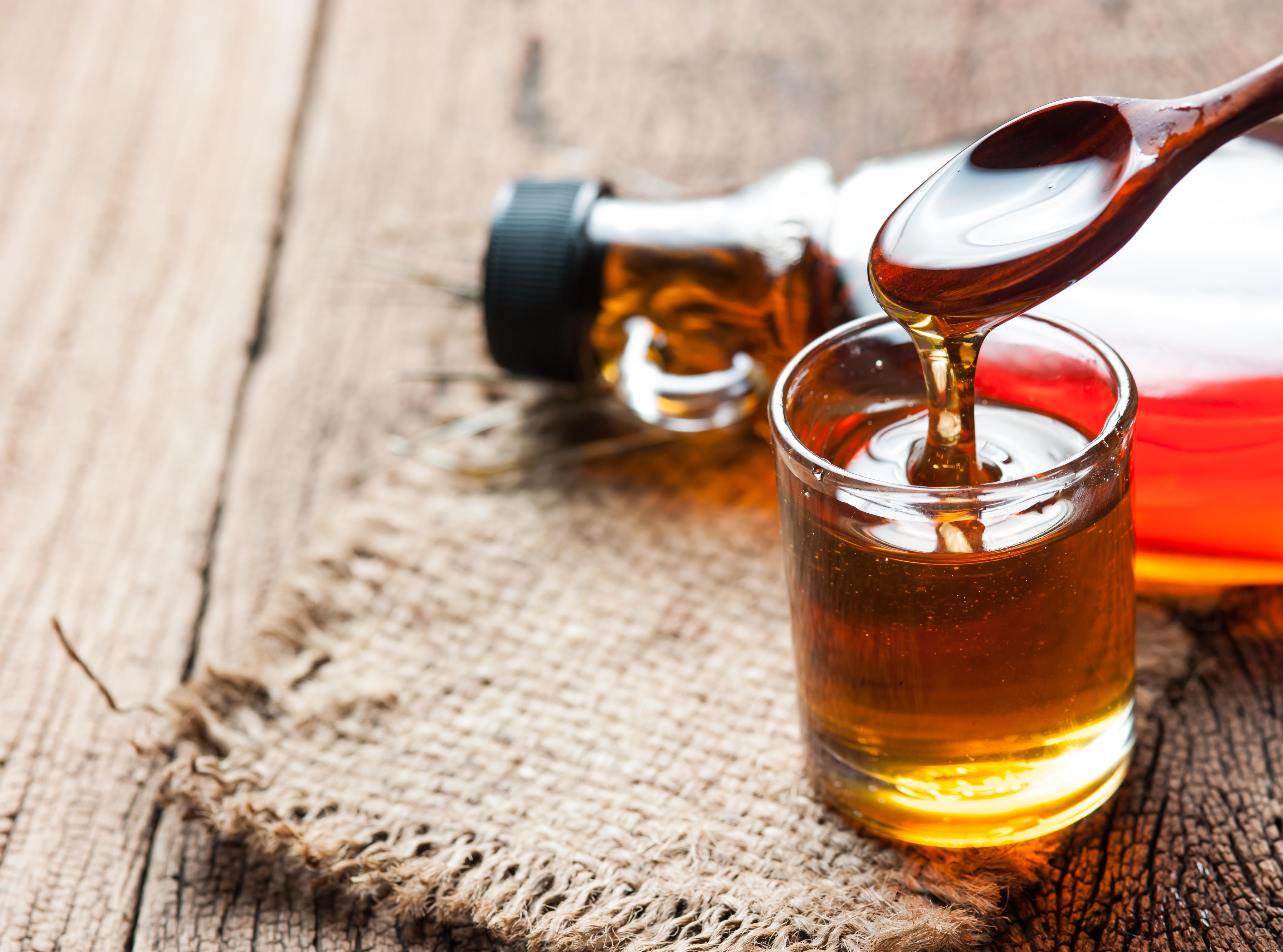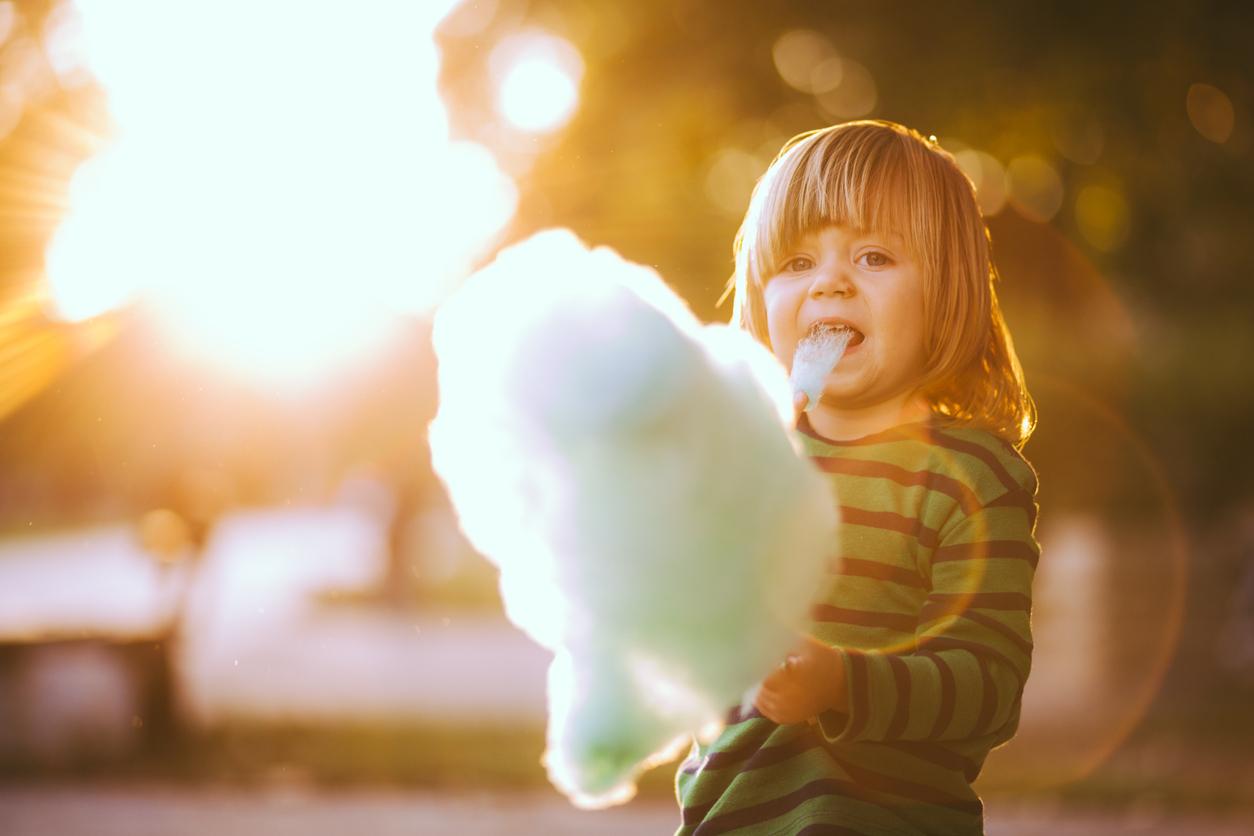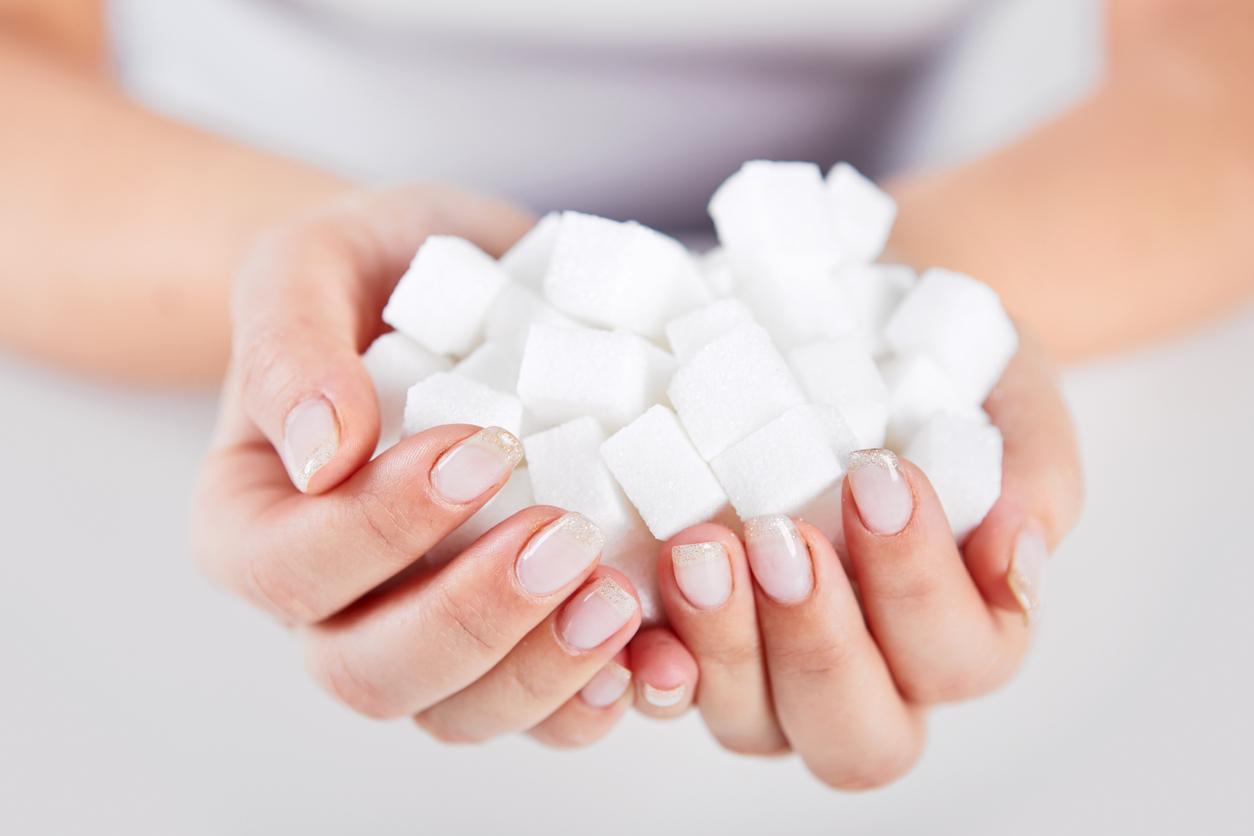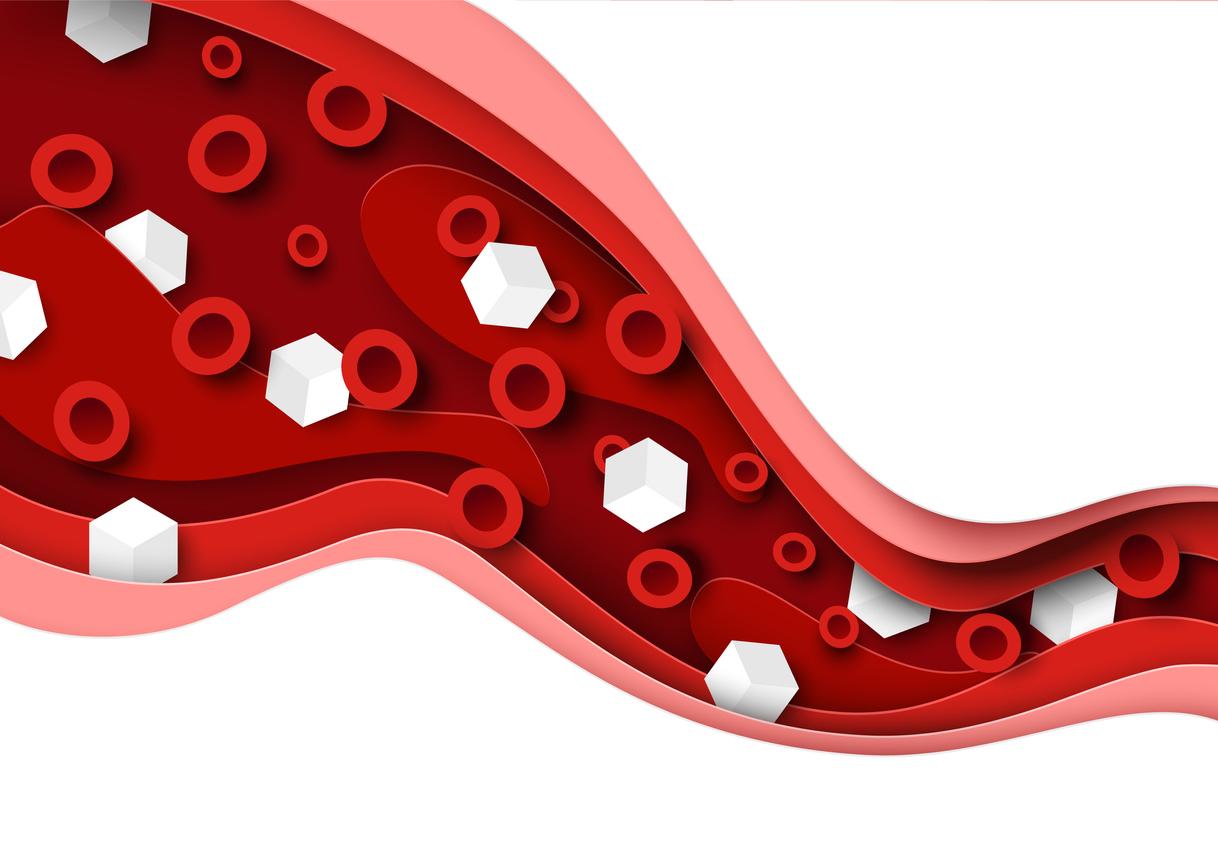Low-fat drinks are not an effective alternative to soda for weight loss. They would push to eat more and promote diabetes.

Beginning of January marks the period of resolutions. And like every year, get into sport, change your diet, or even start a diet prancing in your head. Therefore, for many, the first decision will be to replace the midday soda can with a “light” drink. Or substitute sugar with sweeteners. Sugar-free illusion that won’t help you lose weight, says scientific article in Plos Medicine.
“This widespread perception, which has been greatly influenced by industrial marketing, suggests that due to the absence of sugar in these drinks, they are necessarily healthier and can help with weight loss”, describes Professor Christopher. Millett, researcher at the School of Public Health at Imperial College London (Great Britain). However, with his colleagues from the University of Sao Paulo and Pelotas (Brazil), he assures us that these aspartame or sucralose sodas are not “healthy” alternatives to conventional sodas. They would also be harmful to the environment.
Increased risk of diabetes
In fact, many studies have shown that the consumption of these low-fat drinks, flavored water or energy drinks would encourage users to eat more because it would whet their appetite and desire for sugars.
The result: the caloric intake of fans of these beverages is found to be just as high as that of consumers of “real sodas”. Losing weight is much more complicated. Worse, studies have shown that they make the bed of type 2 diabetes and promote overweight in exposed children in utero.

And as the scientific literature increases the evidence for their toxicity, their sales continue to climb. “They represent nearly a quarter of the sales of sugary drinks in the world”, indicate the authors, adding “that in the United States, their consumption more than doubled between 1999-2000 and 2007-2008”.
They point out that in some countries, their consumption should not decrease anytime soon because they are not the target of soda taxes. “This regulation promotes the consumption of light drinks to the detriment of water, the most desirable source of hydration for everyone”, regrets Professor Carlos Monteiro of the University of Sao Paulo.
300 L of water for 0.5L of soda
Another reason not to leave them room in our refrigerators, the environmental impact. Researchers indicate that the production of these drinks has repercussions on the environment. It takes over 300 liters of water to produce just half a liter of these sugar-free sodas. The sweeteners used are also pollutants for the marine environment, not to mention the billions of tonnes of CO2 emitted into the atmosphere linked to the production of beverages, bottles and cans.
So for the year 2017, the best resolution seems to be final: drink more tap water. It will be good for our health, but also for our environment.
.



